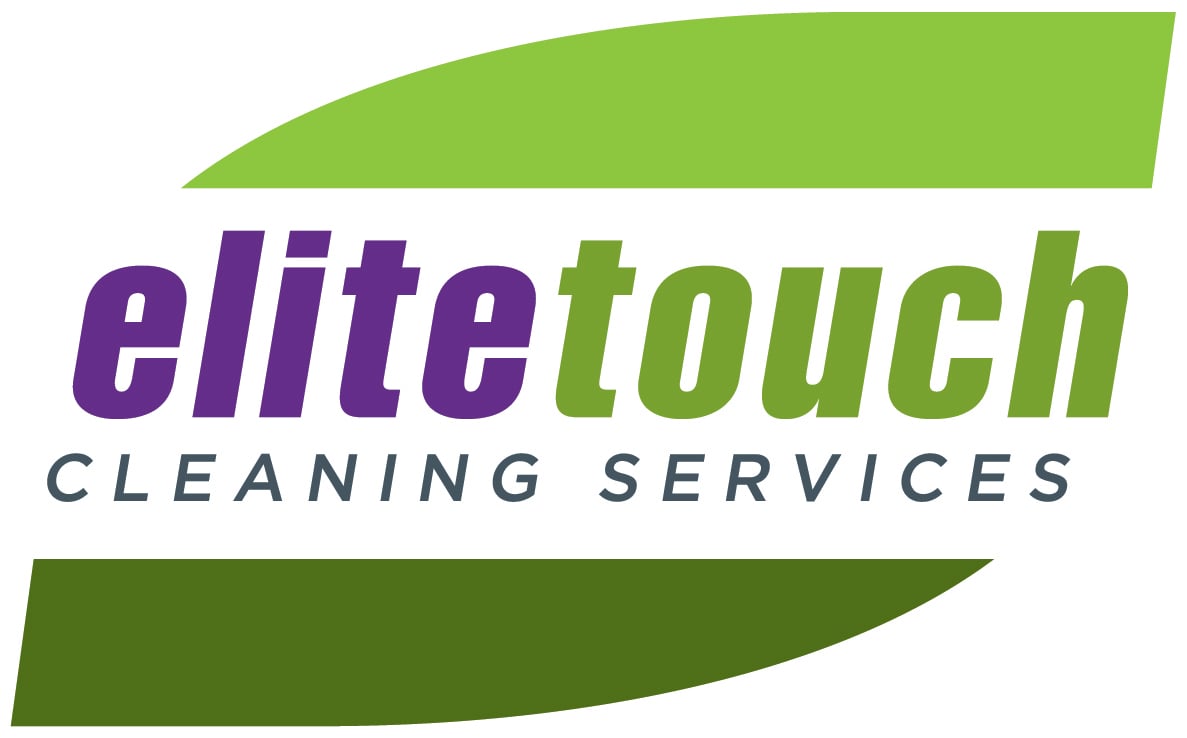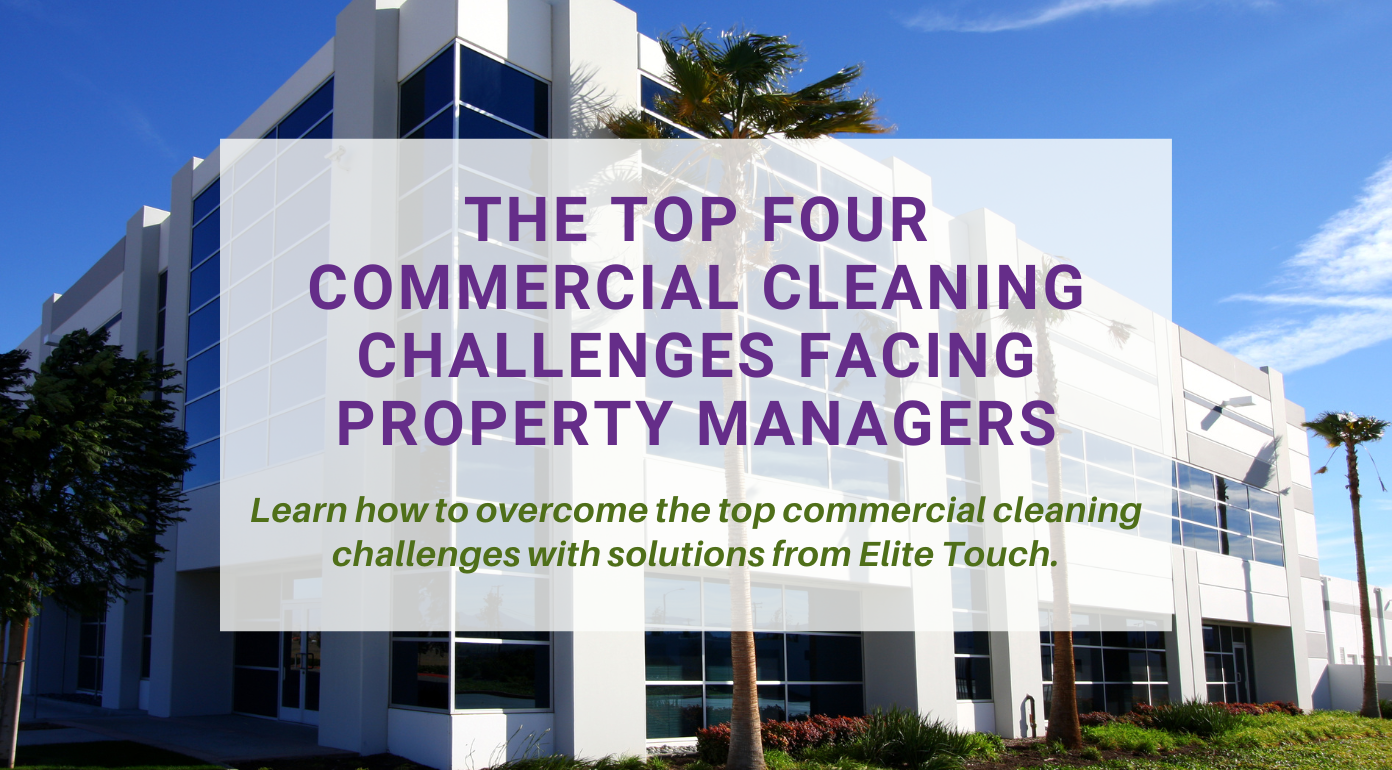The Ripple Effect of "Good Enough": Calculating the True Cost of a Budget Cleaning Service

It’s budget season. You’re under pressure from the building owner or the HOA board to tighten expenses, and the janitorial services contract is a significant line item. As you compare bids, the temptation is undeniable: choose the lowest price, show immediate savings on the P&L statement, and be the hero of the budget meeting.
But as any experienced property manager knows, the price on a budget cleaning service proposal is rarely the true cost of the service.
Choosing a budget cleaning vendor based on the lowest bid is one of the most common "penny wise, pound foolish" mistakes in property management. The initial savings from a budget cleaning service are often a mirage, quickly erased by a wave of hidden costs that ripple through your budget, your schedule, and your property's reputation. A "good enough" service is never just good enough; it's a financial drain in disguise.
Before you sign that low-bid contract, let’s pull out a calculator. To find the true cost of a budget cleaning service, you have to add the hidden expenses to the monthly fee.
The Cost of Accelerated Asset Depreciation
This is the most direct and damaging hidden expense. A budget cleaning service saves money by cutting corners on two critical things: training and proper supplies. This combination is toxic to your property's most expensive physical assets. These shortcuts are a hallmark of a budget cleaning service approach that sacrifices long-term asset care.
- The Scenario: An untrained cleaner uses an acidic, all-purpose cleaner on your lobby's marble floor, thinking it will make it shine. Instead, it etches the surface, creating a dull, permanent haze. Or they use an abrasive scrubbing pad on your elevator's stainless-steel doors, leaving a constellation of fine scratches.
- The Calculation: The cost to have a specialty team come in to hone and polish that damaged marble floor can easily run $10,000 - $20,000. The cost to replace prematurely worn-out hallway carpets due to improper cleaning techniques can run into the tens of thousands. This is a direct hit to your capital reserves—all to save a few hundred dollars a month on the initial cleaning bid.
Your Formula: Low Monthly Bid + Cost of Premature Asset Repair/Replacement = True Monthly Cost
The Cost of Increased Liability and Risk
Unlike a budget cleaning service, professional janitorial partners invest heavily in insurance and safety training. Budget services often carry only the bare minimum coverage—or worse—and their safety protocols are an afterthought. This transfers the financial risk directly to you and your property owner. This highlights the importance of selecting reputable property management cleaning services that minimize cleaning vendor liability.
- The Scenario: A budget cleaner leaves a floor wet without proper signage. A resident slips, falls, and decides to sue. Or, a cleaner mixes chemicals improperly in a small, unventilated room, creating a hazardous situation that requires an emergency response.
- The Calculation: The cost of a single slip-and-fall lawsuit can easily exceed your property’s entire annual operating budget, and a history of claims will drive up your insurance premiums for years to come. Furthermore, if the vendor's employee is injured on your property and their company lacks adequate workers' compensation coverage, you could be held liable.
Your Formula: Low Monthly Bid + Cost of One Liability Claim (or Increased Insurance Premium) = True Monthly Cost
The Cost of Decreased Tenant & Resident Retention
Your property's cleanliness is a direct reflection of your management brand. A perpetually untidy building with dirty common areas, neglected amenities, and overflowing trash receptacles sends a clear message: this property is not well-maintained.
- The Scenario: A high-value commercial tenant decides not to renew their lease, citing the building's poor upkeep as a factor in their decision to move to a more prestigious address. Or, a prospective resident on a leasing tour is turned off by a dirty fitness center and chooses a competing property down the street.
- The Calculation: What is the financial impact of a premier tenant leaving, costing you $100,000+ in annual rent? What is the cost of a residential unit sitting vacant for an extra month—representing thousands in lost income—because first impressions are poor? This lost revenue is a direct, albeit delayed, consequence of relying on a budget cleaning service.
Your Formula: Low Monthly Bid + Lost Rental Income Due to Poor Appearance = True Monthly Cost
The Cost of Your Own Wasted Time
As a property manager, your time is your most valuable asset. Every minute you spend dealing with cleaning-related issues is a minute you aren't spending on high-value tasks like tenant relations, lease negotiations, or strategic planning.
- The Scenario: You spend two hours a week responding to resident complaint emails, another hour chasing down the budget vendor's unresponsive account manager, and another hour walking the property to create a punch list of all the things their crew missed.
- The Calculation: Let's say your time is valued at $50/hour. Four hours of "management drag" per week is $200. Over a month, that's $800 of your own productivity spent doing the quality control your vendor should have been doing themselves. You aren't just paying their low bid; you're supplementing it with your own valuable time.
Your Formula: Low Monthly Bid + The Dollar Value of Your Wasted Hours = True Monthly Cost
The Smarter Investment
When you add up the numbers, the conclusion is clear. The slightly higher monthly fee for a professional, reputable janitorial partner isn't a luxury; it's a comprehensive insurance policy. You aren't just paying for cleaning—you're paying for asset preservation, risk mitigation, brand management, and operational peace of mind.
A professional partner's price is their true cost. A budget partner's price is just the beginning. When evaluating a budget cleaning service, always consider the long-term financial implications beyond the monthly rate. The next time you're reviewing bids, look beyond the initial number and calculate the real cost. The most fiscally responsible decision is to invest in a partner who protects your property's long-term financial health.


